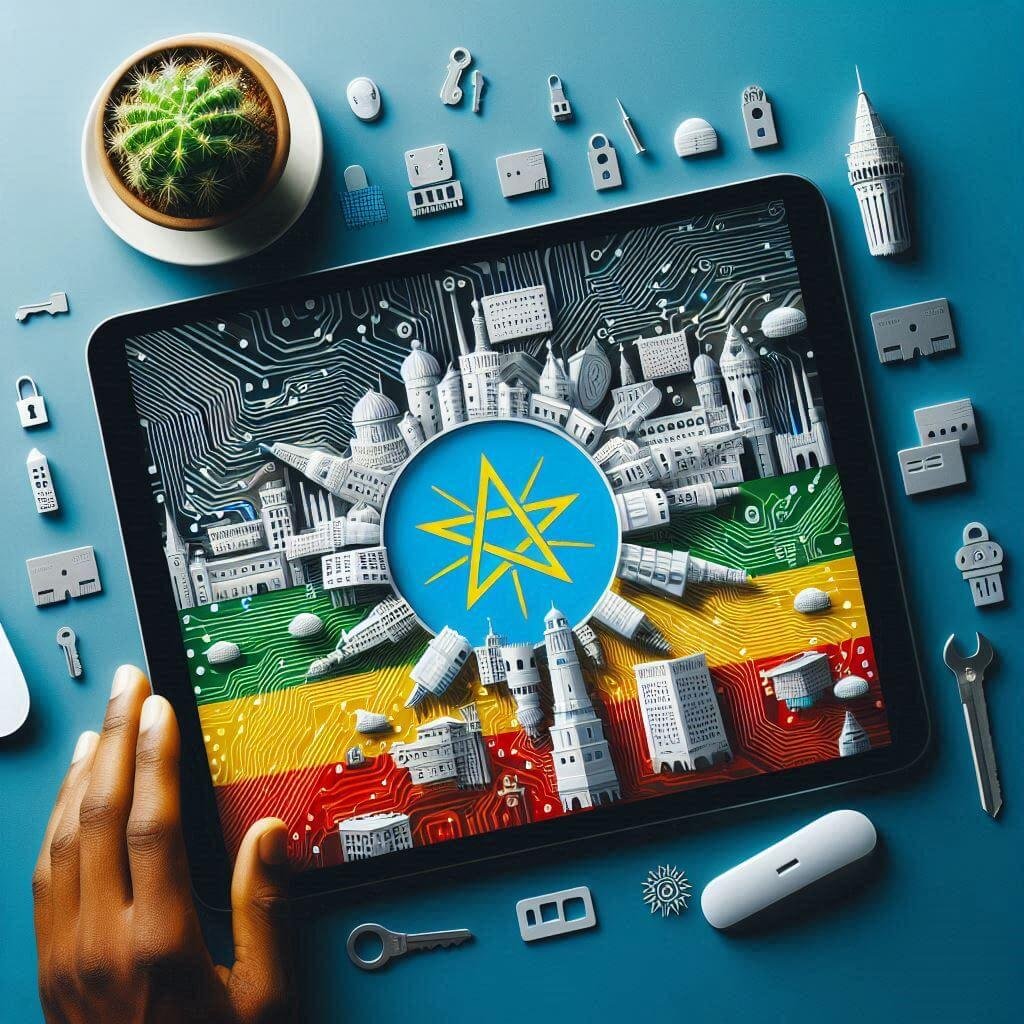In today’s digital age, staying safe online is essential, especially for marginalized communities like queer individuals in Ethiopia. The internet can be a double-edged sword: while it offers a space for connection and support, it also poses risks to privacy and safety. Here are some basics of digital security to help protect yourself online.
1. Use Strong, Unique Passwords
Creating strong and unique passwords for each of your online accounts is your first line of defense. A good password should be:
- At least 12 characters long.
- A mix of letters (both uppercase and lowercase), numbers, and special symbols.
- Different for every account to prevent a breach of one account leading to the compromise of others.
- Consider using a password manager to keep track of your passwords securely.Enable Two-Factor Authentication (2FA)
2. Two-factor authentication adds an extra layer of security.
Even if someone gets your password, they’ll need a second form of verification to access your account. Set up 2FA on all accounts that offer it, typically through:
- SMS codes sent to your phone.
- Authentication apps like Google Authenticator or Authy.
3. Protect Your Privacy on Social Media
Be mindful of the information you share on social media. Review your privacy settings to control who can see your posts and personal information. Consider:
- Limiting friend requests to people you know.
- Avoiding sharing sensitive information like your address or phone number.
- Using pseudonyms or anonymous profiles if necessary.
4. Use Encrypted Messaging Apps
For sensitive communications, use encrypted messaging apps that protect your conversations from being intercepted. Some recommended apps include:
- Signal
- Telegram (with Secret Chats enabled)
- WhatsApp (with end-to-end encryption)
5. Secure Your Devices
Ensure that your devices are secure to prevent unauthorized access:
- Use strong passwords or biometric locks (fingerprint, face recognition) on your phone and computer.
- Keep your operating system and apps updated to protect against vulnerabilities.
- Install antivirus software to guard against malware.
6. Be Cautious with Public Wi-Fi
Public Wi-Fi networks can be insecure, making it easier for hackers to intercept your data. When using public Wi-Fi:
- Avoid accessing sensitive accounts or financial transactions.
- Use a Virtual Private Network (VPN) to encrypt your internet traffic.
7. Educate Yourself on Phishing Scams
Phishing scams are attempts to trick you into giving away personal information. Be wary of:
- Emails or messages that ask for sensitive information or prompt you to click on suspicious links.
- Check the sender’s email address and look for signs of impersonation.
- When in doubt, contact the company or individual directly using a known, trusted method.
8. Stay Informed and Reach Out
Stay informed about digital security best practices by following reliable sources. Additionally, reach out to trusted communities and organizations for support and advice. Being part of a supportive network can provide both emotional support and practical tips for staying safe online.

